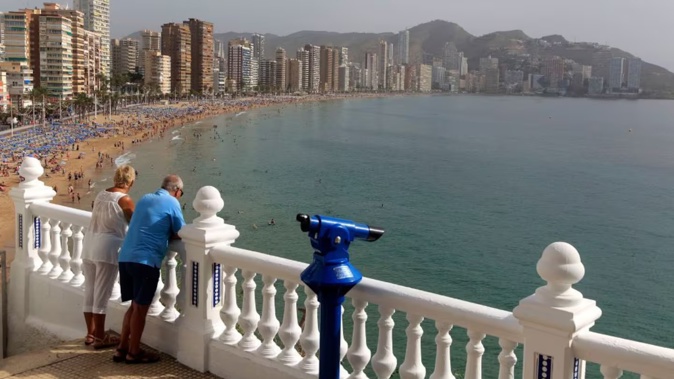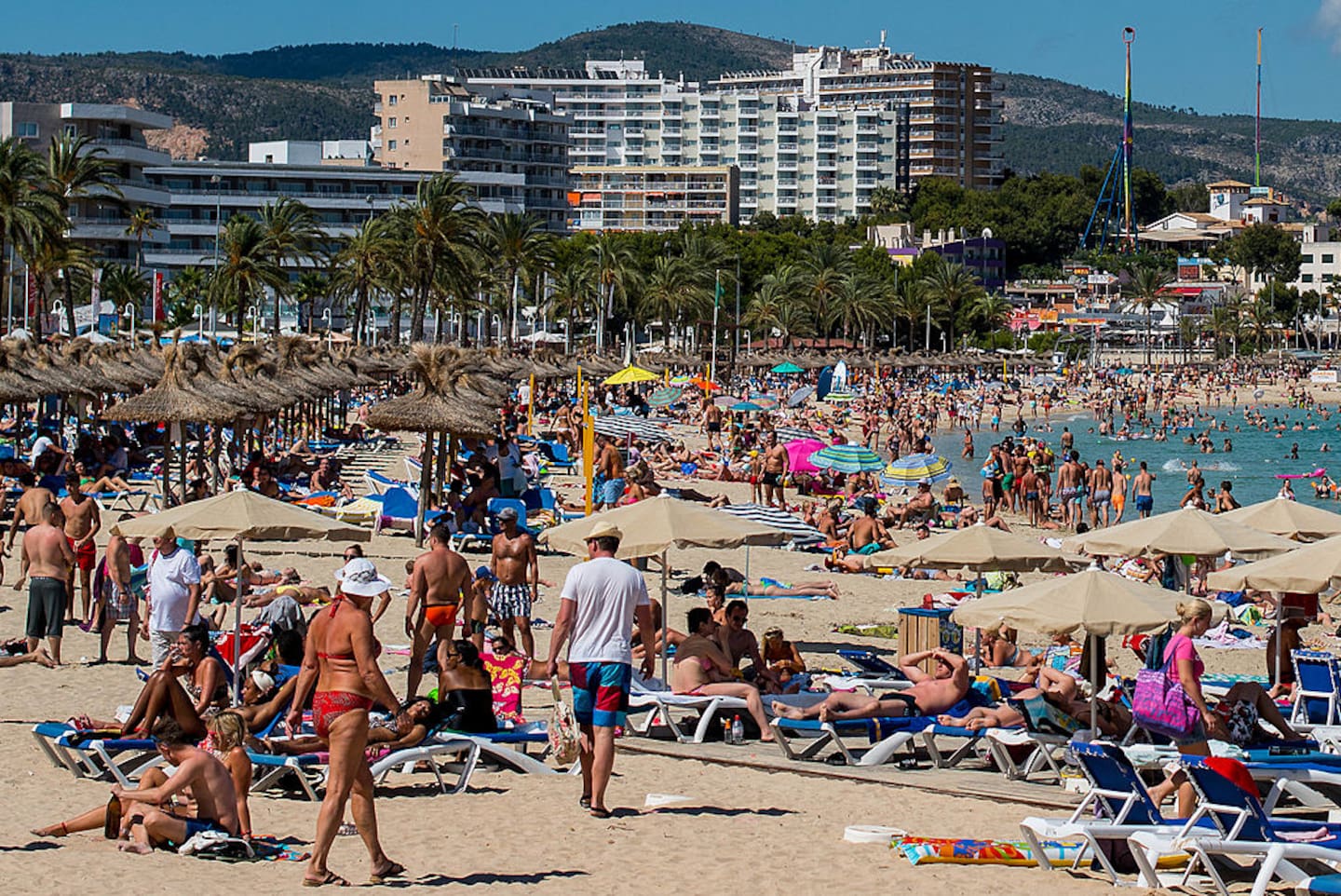
Could it be closing time on Spain’s coastal cervecerías, as controversial new legislation proposes powers for authorities to seize shoreline properties.
Spain’s Ministry of Ecological Transition has proposed revisions to “the protection and sustainable use of the coast” which would change the definition of which buildings were at risk of coastal regression, and therefore at risk of having concessions terminated.
Some of the most popular and valuable tourism assets, beachfront bars and accommodation would fall under this new definition.
Currently under the “Ley de Costas” occupants of beachfront businesses and properties are granted 75-year concessions from the Spanish government, on review.
The proposals would see concessions shortened to 30 years making seaside businesses a far more risky investment.
Under the current law properties on the coast must undergo “evaluation of the possible effects of climate change” to assess the risk of rising tides.
“Furthermore, the assumption that the works or facilities are at certain risk of being reached by the sea is incorporated as a cause for the termination of concessions.”
At risk buildings would become the property of the state, for demolition or remedial “modernisation” works to mitigate the threat of coastal erosion.
With the demarcated “at risk” areas subject to review, many dwellers in the public maritime-terrestrial domain stand to forfeit their houses.
“If [buildings] occupy lands of public maritime-terrestrial domain, they will be demolished when the concession expires”
The number of properties affected by the change in the Mediterranean nation could be enormous, taking into account residential and commercial buildings.
According to English-language news site The Olive Press, which serves the expatriate community in Spain, thousands of pensioners who moved to the coast may face retirement without anywhere to live.
Once a concession is deemed to be ended the State would have the power to do with the beachfront pensions what they like.
The Public Maritime Land Domain (DPMT) legislation was first proposed during the 1980s in counter the overdevelopment of Spain’s Costa Blanca region with hotels and tourism infrastructure, but has been greater urgency by the Ministry of Ecological Transition.
The act proposes that - “taking into account the difficulties that foreign nationals may have” and the short period of notice - those taking on ownership of “at risk” coastal concessions of expiry will have one to four years to complete transfers or risk forfeiting their properties.

Spain's coastal towns could look drastically different in the next few decades. Photo / Getty Images
One Swiss-born expatriate, Genevive Chiche, says she was shocked to see her beachfront flat, bought by her mother 50 years ago, was now on the public-domain seizure list.
“The Costas is taking my home, my garden, and my life - turning me into a legal squatter of a property that had all the legal permits,” she told The Olive Press.
The law which underwent review in January was halted by the Supreme Court over processing errors, but could soon be heard again.
According to the Press, there are some 115 home and business owners in Denia, Valencia who would find themselves in the demarcated “maritime-land” area after the boundary was redrawn by the Coastal Authority (Costas).
Costas told the Press the new law did “not imply that any homes would be demolished”, saying that properties with concessions can be sold or passed on as an inheritance.
Although the proposal of a beachfront business in Spain now looks a lot less idyllic and a lot more risky than before.
This article was originally published on the NZ Herald here.
Take your Radio, Podcasts and Music with you









